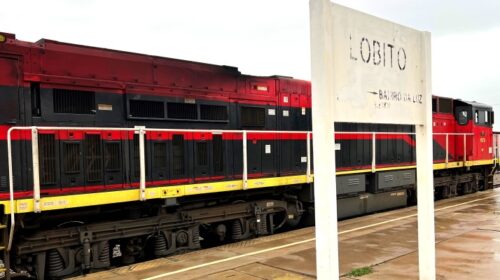Unveiling the Hidden Wealth: The Benefits of Mining in Zambia
Zambia, a country blessed with abundant natural resources, has emerged as a significant player in the global mining industry. With its vast mineral reserves and favorable investment climate, the mining sector in Zambia has become a vital pillar of the nation’s economy.
In this article, we explore the multifaceted benefits of mining in Zambia, shedding light on how it contributes to economic growth, employment opportunities, infrastructure development, and social welfare.
Economic Growth and Foreign Investment:
Mining plays a pivotal role in driving economic growth in Zambia. The sector contributes a substantial share to the country’s gross domestic product (GDP) and export earnings.
With rich deposits of copper, cobalt, gold, and other minerals, mining activities attract foreign investment, stimulating industrial development and technological advancements.
The revenue generated from mining activities supports government budgets, enabling investments in vital sectors such as healthcare, education, and infrastructure.
Employment Opportunities:
Mining operations in Zambia create a vast number of direct and indirect employment opportunities. From geologists and engineers to technicians and miners, the industry employs a diverse workforce.
The sector’s growth also leads to the establishment of supporting industries, such as logistics, catering, and equipment suppliers, further expanding the job market. The income earned by individuals employed in mining contributes to poverty reduction and improves living standards.
Infrastructure Development:
Mining projects require substantial infrastructure development, which benefits not only the mining industry but also the broader community.
Companies invest in building roads, rail networks, power plants, and water supply systems to support mining operations. These infrastructural developments enhance connectivity, facilitate trade, and boost regional integration. Improved infrastructure also attracts other industries, leading to economic diversification and sustained development.
Technology Transfer and Skill Development:
The mining industry in Zambia encourages technology transfer and skill development. International mining companies bring advanced technologies, expertise, and best practices to the country, promoting knowledge exchange and capacity building.
Local workers have the opportunity to acquire specialized skills, empowering them to participate in various aspects of mining operations.
These skills and knowledge contribute to the development of a skilled labor force, fostering innovation and competitiveness in the broader economy.
Social Welfare and Corporate Social Responsibility:
Mining companies in Zambia are increasingly recognizing their social responsibility and are actively involved in community development initiatives.
Through corporate social responsibility programs, they invest in education, healthcare, infrastructure, and environmental conservation projects.
These initiatives contribute to improved access to quality education, better healthcare facilities, and the overall well-being of local communities.
Additionally, mining companies promote sustainable mining practices, ensuring environmental protection and minimizing the ecological footprint.
The benefits of mining in Zambia extend far beyond economic gains. The industry creates employment opportunities, stimulates economic growth, and contributes to infrastructure development.
Moreover, the transfer of technology and skills enhances the country’s human capital and competitiveness. Through responsible mining practices and corporate social responsibility, mining companies in Zambia actively contribute to the social welfare and sustainable development of local communities.
As Zambia continues to tap into its vast mineral resources, it is essential to strike a balance between resource extraction, environmental stewardship, and inclusive growth, ensuring that the benefits of mining are maximized for the long-term prosperity of the nation.
135 total views , 2 views today





